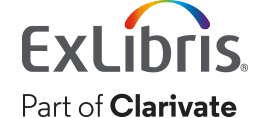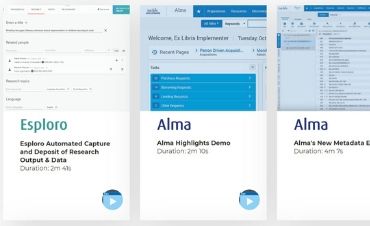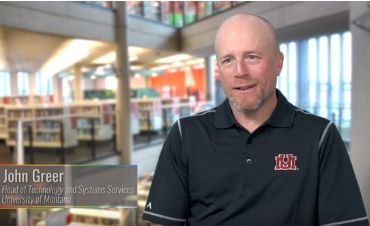In recent months, we’ve seen unparalleled collaboration across academia, various national and international organizations, and medical staff to help practitioners battle with the impact of the COVID-19 virus. The sharing of new knowledge, as it evolves, along with previous research is fundamental to overcoming medical conditions and helping patients recover.
In such times, the dissemination of relevant scholarly information, as well as evidence gathered from the field must be quick, concise, and targeted at the right audience. And everything needs to happen online, as access to libraries, archives, and physical sources of information is limited; and must combat the rapid spread of misinformation or “fake news”.
Online courses are one effective channel for training medical staff, and training surrounding COVID-19 is no exception. At the beginning of February, the World Health Organization (WHO) already reported that “more than 25,000 people across the globe have accessed real-time knowledge from WHO experts on how to detect, prevent, respond to and control the new coronavirus in the 10 days since the launch of an open online training.” By May 21, 2020, the WHO Emerging respiratory viruses, including COVID-19: methods for detection, prevention, response and control course page indicates over 202,000 enrollees in the course.

COVID-19 Critical Care: Understanding and Application was launched at the beginning of April, and over 31,000 registrants from 183 countries have already registered in the first three weeks.![]()
Academic institutions around the world have launched research projects focusing on COVID-19, trying to develop effective testing, vaccinations, and medications. Some, like the University of Edinburgh, have also created online courses.
The Medical School of the University of Edinburgh had previous experience with massive open online courses targeting practitioners of the UK National Health Services (NHS). Following the spread of the pandemic, a new course—COVID-19 Critical Care: Understanding and Application—was launched at the beginning of April, and over 31,000 registrants from 183 countries have already registered in the first three weeks.
Leganto, the University’s resource list tool, served as the right vehicle to disseminate resources in an easy and effective way and support a large, heterogeneous community. To deliver the course resources, the Critical Care and Library teams worked together to create a list of resources, all available at no cost either because they are open access materials or due to the generosity of Elsevier and McGraw Hill that allowed access to their key medical textbooks. The community embraced this offering, and more than 28,100 accesses were reported by McGraw Hill alone at the end of May 2020.
Although easing in some parts of the world, the pandemic has had a severe impact on our lives in the last few months. Among other things, we learned that we need to be agile. Particularly, as a higher education community, we need to be agile in the way in which we provide information to scholars and non-scholars and enable them to study, work, and save life, no matter where and when.
June 1, 2020






